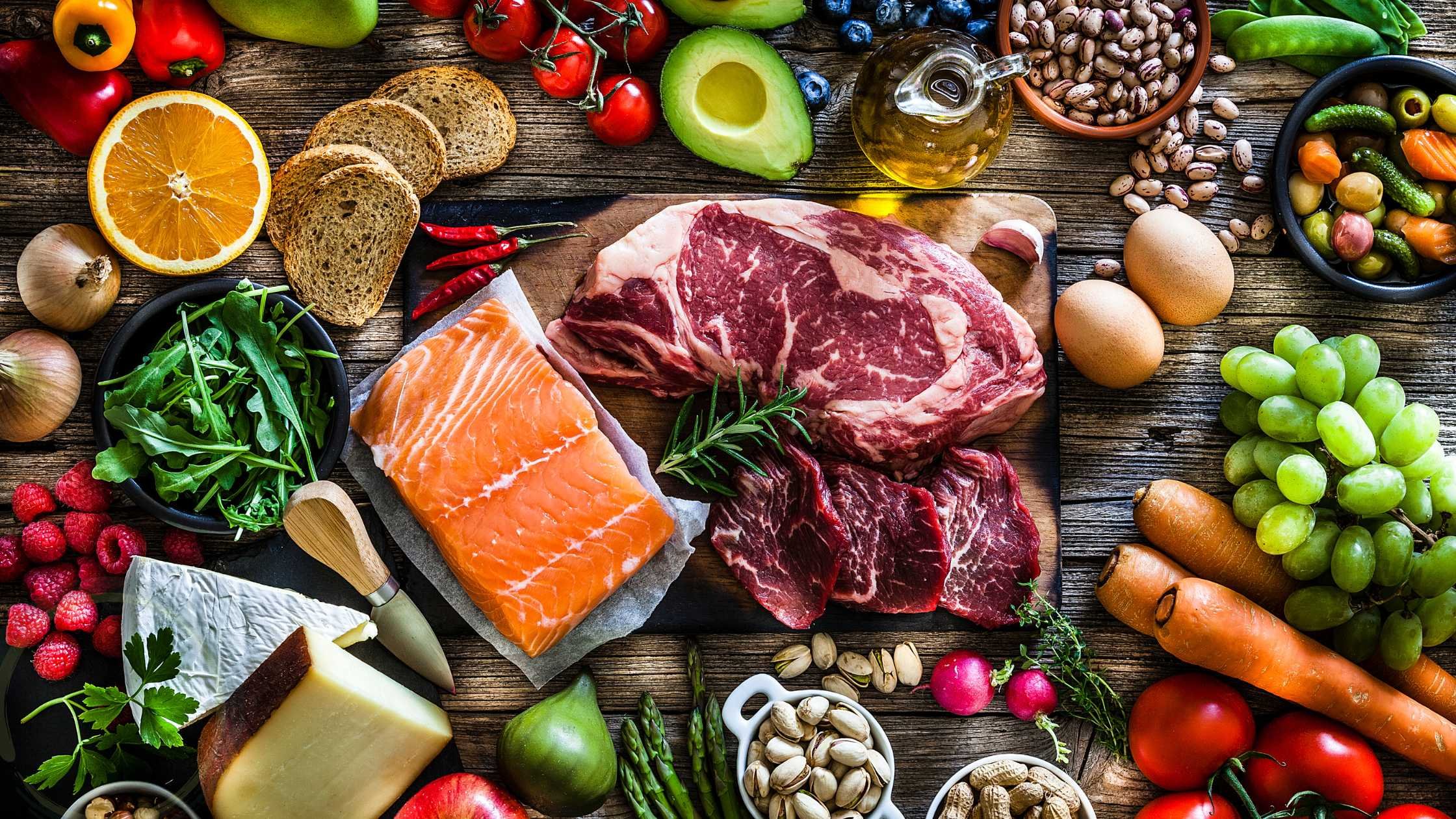Bio-Individual Nutrition: Finding Your Own Fuel
Key Takeaways:
Bio-individual nutrition recognizes that one size never fits all.
Your body type, energy demands, and context shape what foods work best.
Reflection reveals personal patterns that diet culture often overlooks.
Small, adaptive rituals build trust in your body’s signals.
What Is Bio-Individual Nutrition?
Definition: Bio-individual nutrition is the practice of tailoring food choices to your unique physiology, lifestyle, and preferences — rather than following a universal diet.
What nourishes one person may drain another. Genetics, metabolism, culture, stress load, and even seasonality influence how foods impact you. This perspective honors diversity instead of forcing strict rules.
· Physical layer: Different macronutrient needs, digestion, and energy patterns.
· Mental layer: Food’s role in focus, clarity, and concentration.
· Emotional layer: How meals influence mood and stability.
· Cultural/environmental layer: Access to foods, traditions, and sustainability.
The Andala approach draws from both modern science (nutrient timing, metabolism) and traditional wisdom (Ayurvedic doshas, seasonal rhythms), integrated through Deep Health.
Why Does This Matter Now?
· Diet fatigue: People are overwhelmed by conflicting advice and failed programs.
· Energy swings: Generic plans often ignore individual blood sugar and digestion responses.
· Identity mismatch: Strict diets conflict with culture, values, or lifestyle.
· Recovery gap: Without personalization, nutrition fails to support sleep, stress, and resilience.
How Can You Reflect Right Now?
Physical
· Do certain meals leave you energized or heavy?
· Do you digest some foods with ease and others with discomfort?
· Do you notice patterns of energy dips or steadiness?
Mental & Emotional
· Does your food support mental clarity or cause fog?
· Do meals influence mood swings or calm?
· Do you feel anxious or free around your food choices?
Cultural & Environmental
· Do your food patterns align with your cultural or family values?
· Do you have access to seasonal or local foods you enjoy?
· Do your choices feel sustainable and realistic long-term?
What Small Steps Can You Take?
2-minute actions:
Notice how you feel 30 minutes after a meal.
Write down one food that makes you feel light and one that feels heavy.
Pause and check if you are physically hungry or emotionally eating.
5-minute actions:
Journal your meals for one day with energy notes.
Swap one processed snack for a whole food alternative.
Reflect on how cultural traditions show up in your eating.
10-minute actions:
Cook a meal inspired by seasonal or local produce.
Create a simple food-mood journal for a week.
Try adjusting meal timing to see how it impacts energy.
Safety notes:
Seek guidance from a professional if you have medical conditions or complex needs.
Experiment with curiosity, not judgment.
Avoid rigid restriction; flexibility supports sustainability.
What’s Coming Next in This Series?
1. Nutrition and Deep Health: More Than Food
2. Bio-Individual Nutrition: Finding Your Own Fuel (you are here)
3. Evening Nutrition: Eating for Rest and Recovery
4. Energy and Vitality: Eating for Stress Resilience
5. The Andala Nutrition Method: Rituals That Fit You
The next post will explore Evening Nutrition, looking at how meal timing and choices influence rest, recovery, and sleep quality.
Closing Thoughts
Bio-individual nutrition is about trust. Instead of outsourcing to rules, you learn to listen and adapt. By noticing your energy, digestion, and mood, you uncover your personal map of nourishment.
Progress is not built on restriction but on awareness and alignment. Each meal becomes a chance to explore what truly fuels you.
Next Step: At your next meal, pause and ask: “How do I feel 30 minutes after eating this?”
Join the Community
If this resonates, join our newsletter for weekly reflections, follow us on Instagram for inspiration, and connect with our community. Together we explore calmer evenings, softer stress, and deeper rest.

